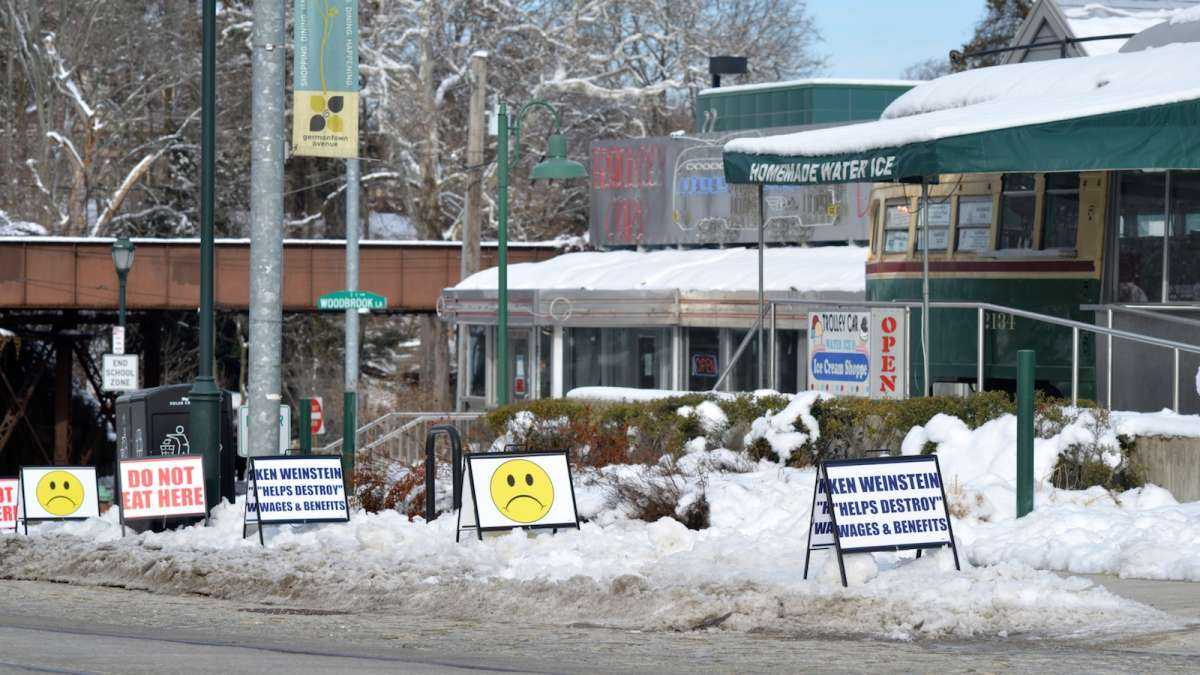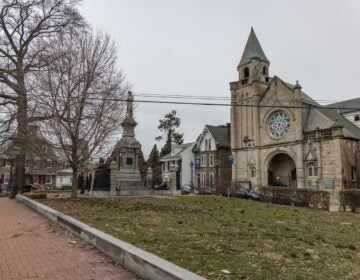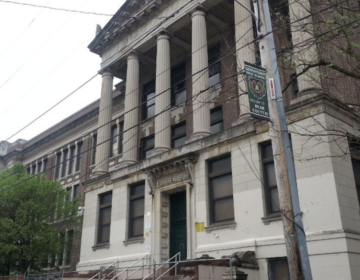Opinion: Congresswoman Schwartz, here’s a leadership opportunity for you

To Congresswoman Allyson Y. Schwartz:
Why is IBEW Local 98 picketing Northwest Philadelphia developer Ken Weinstein’s Trolley Car Diner? Because a union contractor was not able to bid competitively on Weinstein’s next construction project: the conversion of the former St. Peter’s Episcopal Church (located at Wayne Avenue and Harvey Street in Germantown) into a private school.
A union representative inaccurately claimed that “the electrical contractor pays his workers a shameful $10 to $14 an hour with no health benefits whatsoever.” In fact, the electrical subcontractor selected for this project pays an average of $27 an hour, with health benefits and vacation.
You can’t afford to take sides in this matter
Both Local 98 and Weinstein have contributed to your current and past campaigns. You’ve been a longtime supporter of the building trades, as well as an advocate for Weinstein’s affordable housing and neighborhood development projects.
You could suggest that Local 98 and Weinstein meet to “work out their differences”—but there’s nothing to work out. The facts are clear: a union contractor was unable to submit a bid on Weinstein’s project that was competitive with a bid from a neighborhood contractor.
This situation provides a leadership opportunity for you. To be successful in the 21st century, Philadelphia needs to support a robust collective bargaining movement that includes unions like Local 98, as well as a community-based business development and neighborhood entrepreneurship network that includes businesspersons like Weinstein. You can make history now by helping Philadelphia address both of these critical needs.
Here’s how. As part of a housing initiative proposed last month by City Council President Darrell Clarke, it was announced that, “the Philadelphia Building and Construction Trades Council has agreed to offer an unprecedented reduced rate to the City of Philadelphia in order to spur construction and development of the housing units for the initiative.”
This offer would add substantial value to the Council President’s initiative—but why restrict this benefit to the Council President’s plan? Wouldn’t it be even better if you, the Council President, the building trades, and the Building Industry Association of Philadelphia could announce the establishment of a “Philadelphia neighborhood wage scale” for construction projects in Philadelphia communities? The agreement would be straightforward: for Philadelphia neighborhood projects, union wage rates would be held at the same level as the rates that the building trades currently accept for suburban projects.
With this agreement, Philadelphia neighborhoods would become a more desirable environment for investment and development. More construction opportunities would become available for all qualified contractors. Everyone would have an opportunity to succeed. So why not use your leadership skills to realize this opportunity now?
Sincerely,
John Kromer
Former Philadelphia Housing Director John Kromer is the author of Fixing Broken Cities: The Implementation of Urban Development Strategies. He is a frequent contributor to PlanPhilly.
WHYY is your source for fact-based, in-depth journalism and information. As a nonprofit organization, we rely on financial support from readers like you. Please give today.






